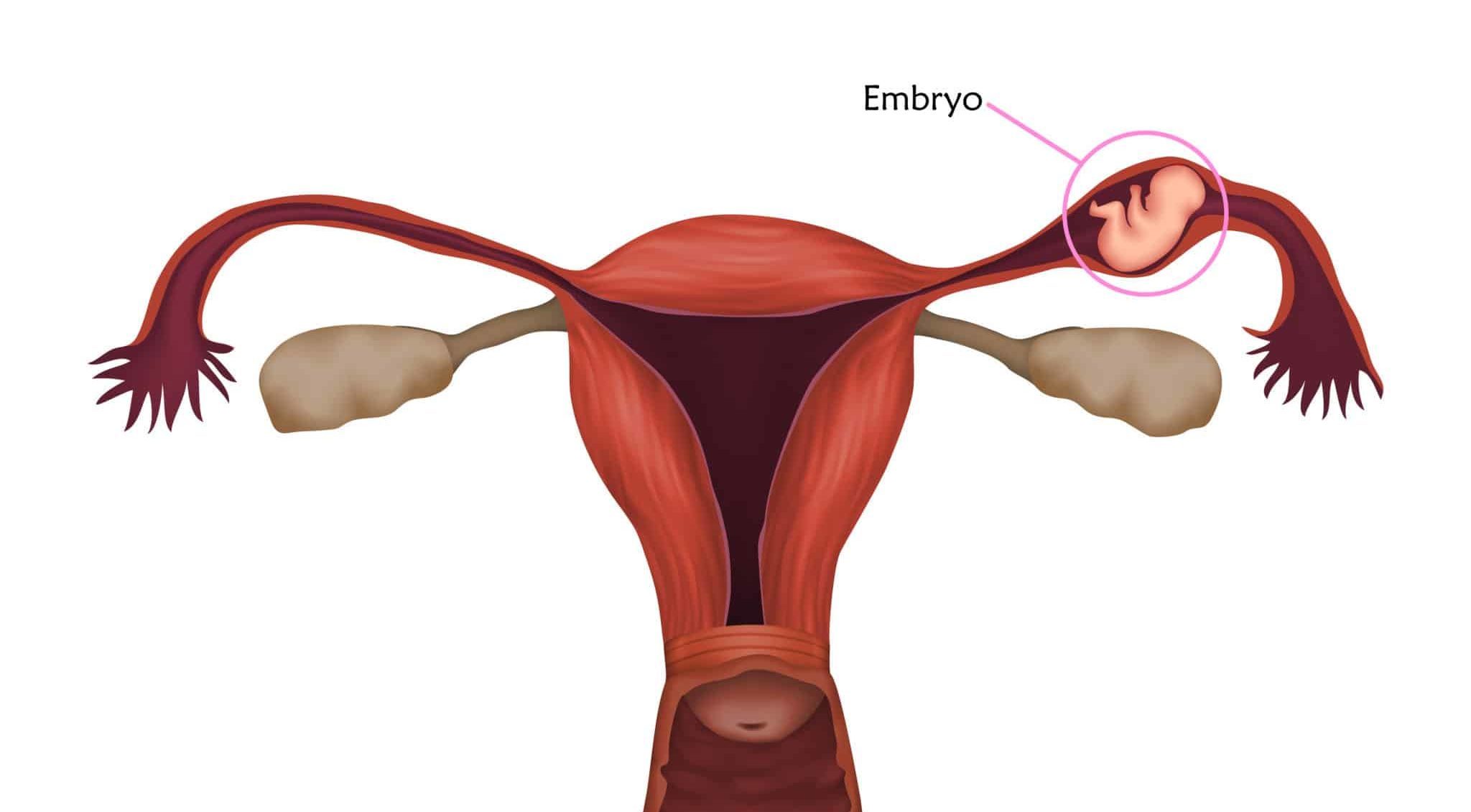
What is an ectopic pregnancy? An ectopic pregnancy happens when a fertilized egg implants outside the uterus, usually in a fallopian tube. This condition can be life-threatening if not treated promptly. Symptoms often include sharp abdominal pain, vaginal bleeding, and dizziness. Risk factors include previous ectopic pregnancies, pelvic inflammatory disease, and certain fertility treatments. Early detection through ultrasound and blood tests is crucial for managing this condition. Treatment options range from medication to surgery, depending on the severity. Understanding the signs and risks can help ensure timely medical intervention, potentially saving lives.
What is an Ectopic Pregnancy?
An ectopic pregnancy occurs when a fertilized egg implants outside the uterus. This condition can be life-threatening and requires immediate medical attention. Here are some crucial facts about ectopic pregnancies.
- Ectopic pregnancies most commonly occur in the fallopian tubes, known as tubal pregnancies.
- About 1-2% of all pregnancies are ectopic.
- Risk factors include previous ectopic pregnancies, pelvic inflammatory disease, and certain fertility treatments.
- Symptoms often include sharp abdominal pain, vaginal bleeding, and dizziness.
- Ectopic pregnancies cannot proceed normally and must be treated to prevent complications.
Causes and Risk Factors
Understanding the causes and risk factors can help in early detection and prevention. Here are some key points to consider.
- Scar tissue from previous surgeries can block the fallopian tubes, leading to ectopic pregnancies.
- Smoking increases the risk by affecting the fallopian tubes' function.
- Age is a factor; women over 35 have a higher risk.
- Endometriosis can cause scarring and increase the likelihood of an ectopic pregnancy.
- Using an intrauterine device (IUD) for birth control slightly raises the risk.
Symptoms and Diagnosis
Recognizing the symptoms early can save lives. Here are some important facts about the symptoms and diagnosis of ectopic pregnancies.
- Early symptoms can mimic a normal pregnancy, such as missed periods and breast tenderness.
- Severe symptoms include sharp pelvic pain, shoulder pain, and fainting.
- Blood tests measuring hCG levels can help diagnose an ectopic pregnancy.
- Ultrasound is the most effective tool for locating the pregnancy.
- Sometimes, a laparoscopy is needed for a definitive diagnosis.
Treatment Options
Treatment varies depending on the stage of the pregnancy and the patient's condition. Here are the main treatment methods.
- Methotrexate is a medication used to stop cell growth and dissolve existing cells.
- Surgery is often required, especially if the fallopian tube has ruptured.
- Laparoscopic surgery is less invasive and has a quicker recovery time.
- In severe cases, a laparotomy may be necessary.
- Follow-up care includes monitoring hCG levels to ensure the pregnancy has been completely resolved.
Complications and Long-term Effects
Ectopic pregnancies can have serious complications if not treated promptly. Here are some potential long-term effects.
- A ruptured fallopian tube can cause severe internal bleeding.
- Future fertility may be affected, especially if a fallopian tube is removed.
- Emotional impact can be significant, requiring counseling or support groups.
- There's an increased risk of another ectopic pregnancy in future pregnancies.
- Early detection and treatment can minimize long-term complications.
Prevention and Awareness
While not all ectopic pregnancies can be prevented, awareness and certain measures can reduce the risk. Here are some preventive steps.
- Regular medical check-ups can help detect risk factors early.
- Quitting smoking can significantly lower the risk.
- Treating infections promptly can prevent scarring in the fallopian tubes.
- Discussing fertility treatments with a healthcare provider can help manage risks.
- Awareness campaigns can educate women about the symptoms and risks.
Statistics and Research
Research and statistics provide a broader understanding of ectopic pregnancies. Here are some notable findings.
- Ectopic pregnancies account for 6% of all pregnancy-related deaths.
- Advances in ultrasound technology have improved early detection rates.
- Research is ongoing to find better treatment options with fewer side effects.
- Studies show that early intervention can improve future fertility outcomes.
- Global awareness campaigns have led to earlier diagnosis and treatment.
Personal Stories and Support
Hearing from those who have experienced ectopic pregnancies can offer support and understanding. Here are some insights from personal stories.
- Many women report feeling isolated and scared during their ectopic pregnancy.
- Support groups can provide emotional and practical help.
- Sharing experiences can help others recognize symptoms early.
- Online forums offer a space for women to connect and share their journeys.
- Personal stories highlight the importance of early detection and treatment.
Medical Community and Resources
The medical community plays a crucial role in managing ectopic pregnancies. Here are some resources and support available.
- Specialized clinics offer comprehensive care for ectopic pregnancies.
- Many hospitals have dedicated teams for high-risk pregnancies.
- Educational materials are available through healthcare providers.
- Non-profit organizations offer resources and support for affected women.
- Medical journals publish the latest research and treatment guidelines.
Future Directions and Innovations
Ongoing research and innovations aim to improve the management of ectopic pregnancies. Here are some future directions.
- New medications are being developed to treat ectopic pregnancies more effectively.
- Advances in minimally invasive surgery reduce recovery times and complications.
- Genetic research may help identify women at higher risk.
- Telemedicine offers remote consultations and support for women in rural areas.
- Increased funding for research can lead to better outcomes and fewer complications.
Final Thoughts on Ectopic Pregnancy
Ectopic pregnancies are serious and need immediate medical attention. Knowing the signs and symptoms can save lives. Early detection is crucial. If you experience sharp pelvic pain, vaginal bleeding, or dizziness, seek medical help right away. Risk factors include previous ectopic pregnancies, tubal surgeries, and certain fertility treatments. While ectopic pregnancies can't be carried to term, early intervention can protect your health and future fertility. Treatment options range from medication to surgery, depending on the situation. Emotional support is also vital; don't hesitate to reach out to loved ones or support groups. Understanding ectopic pregnancies helps in managing the condition better and spreading awareness. Stay informed, stay safe, and always consult healthcare professionals for any concerns.
Was this page helpful?
Our commitment to delivering trustworthy and engaging content is at the heart of what we do. Each fact on our site is contributed by real users like you, bringing a wealth of diverse insights and information. To ensure the highest standards of accuracy and reliability, our dedicated editors meticulously review each submission. This process guarantees that the facts we share are not only fascinating but also credible. Trust in our commitment to quality and authenticity as you explore and learn with us.


